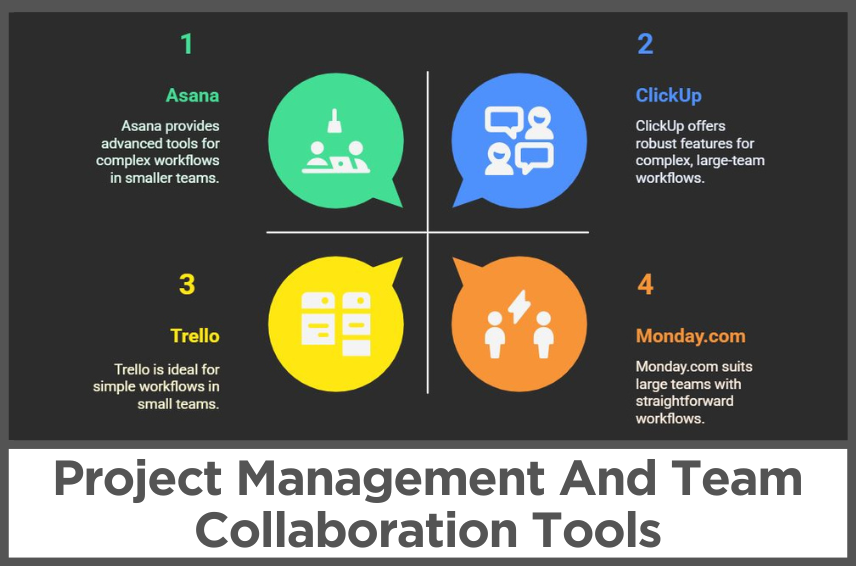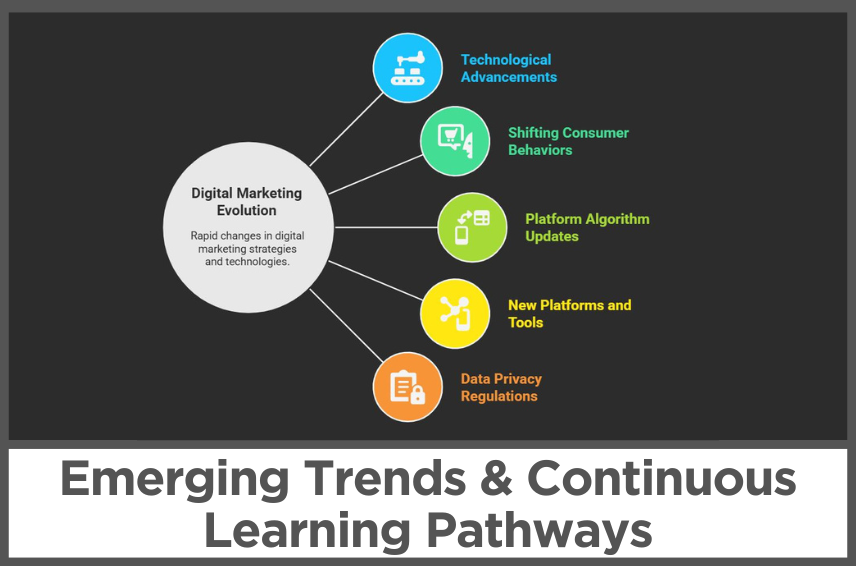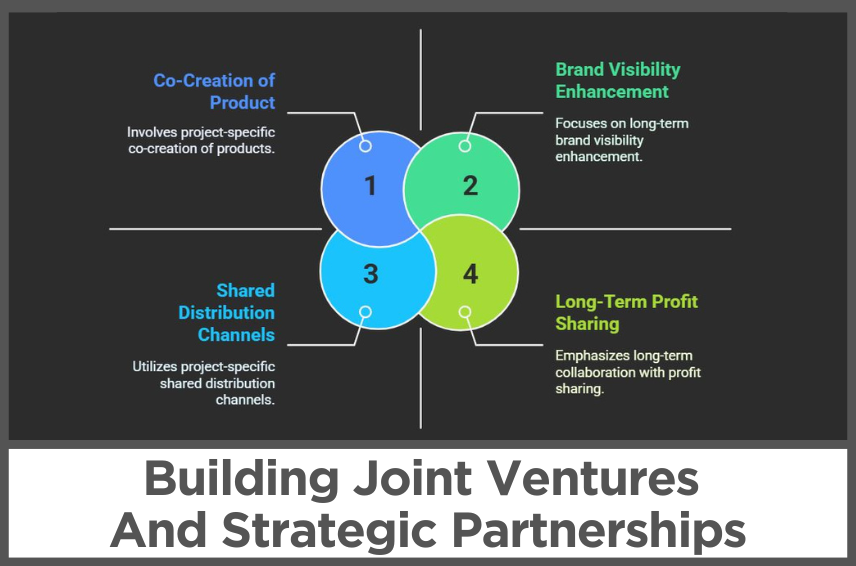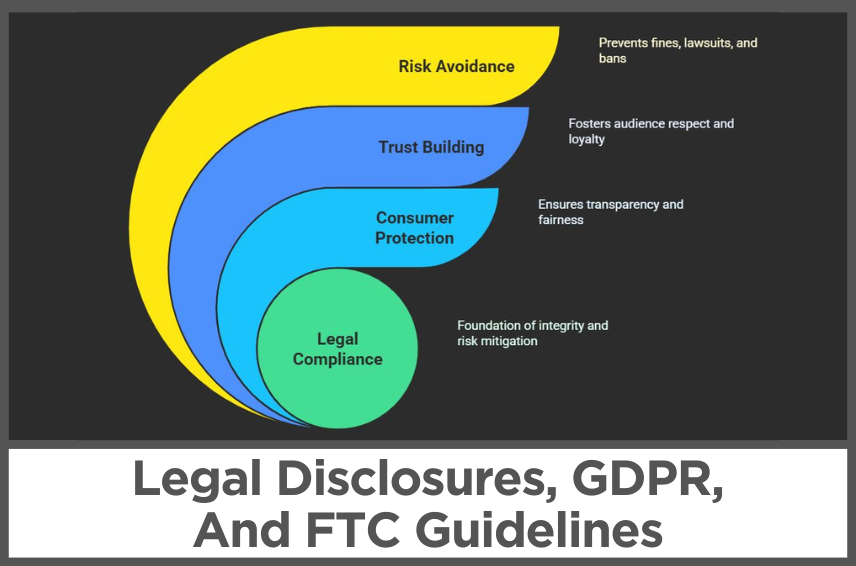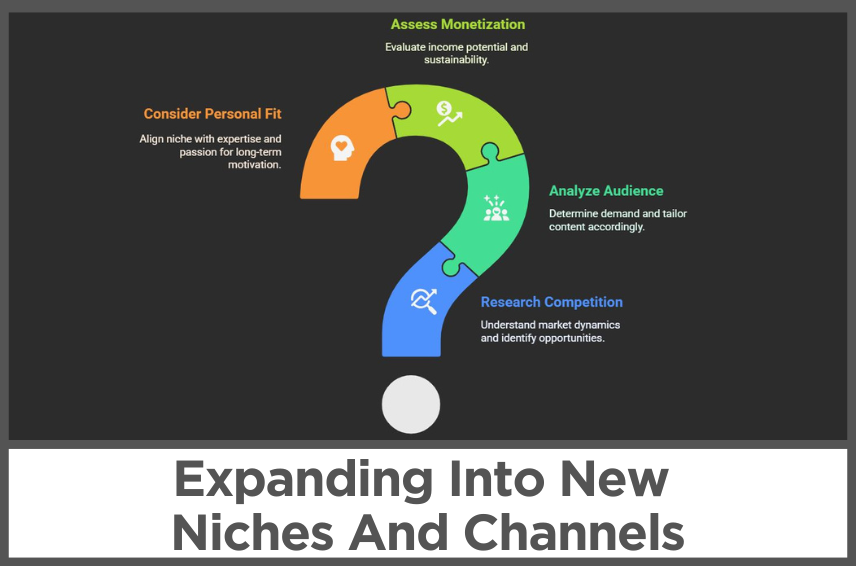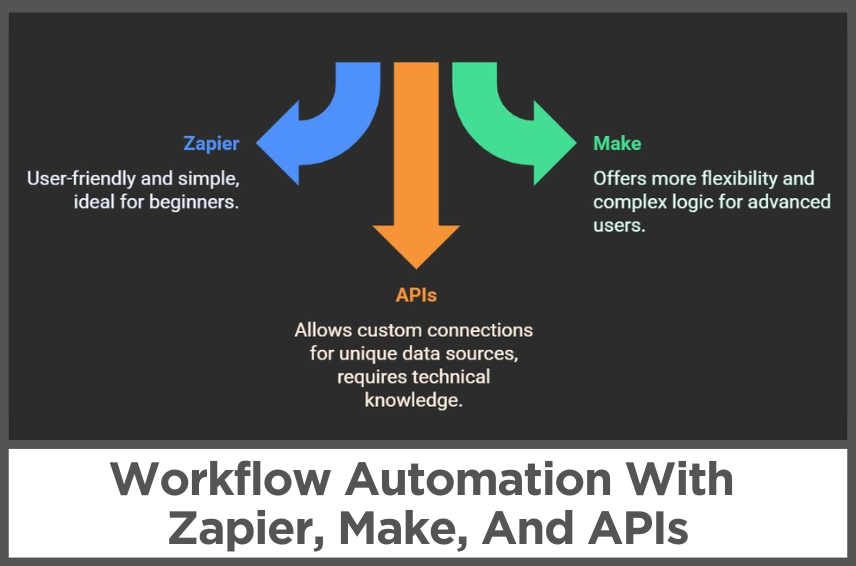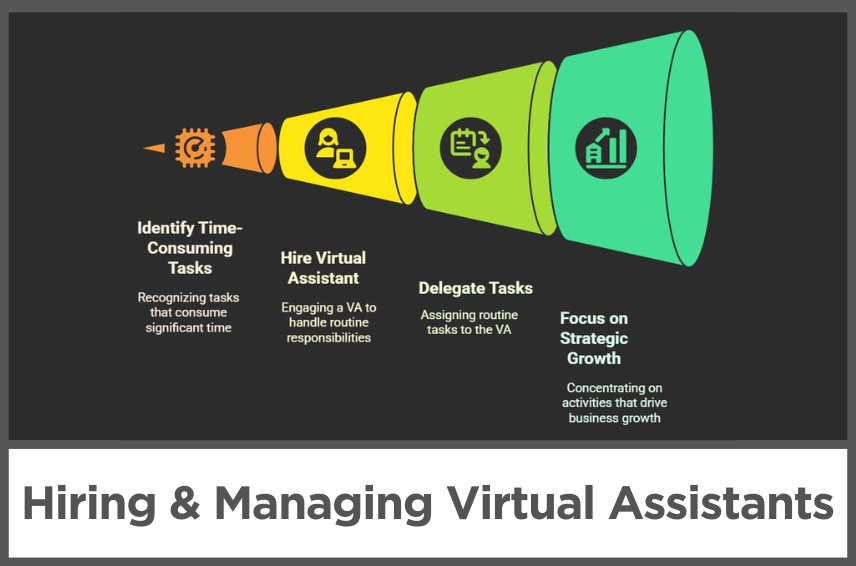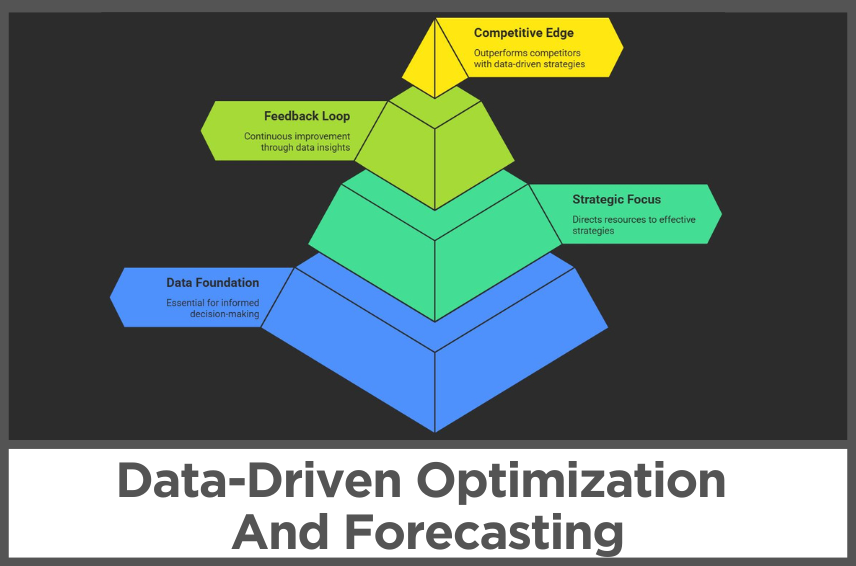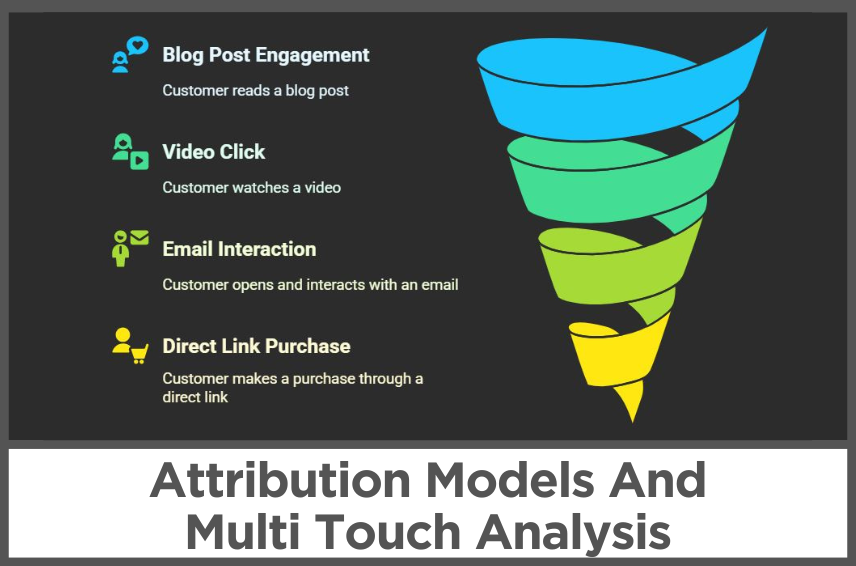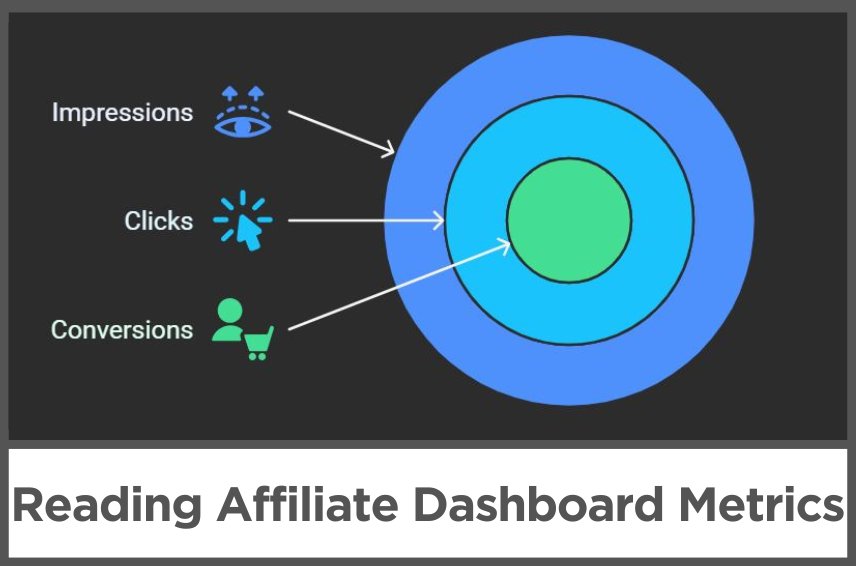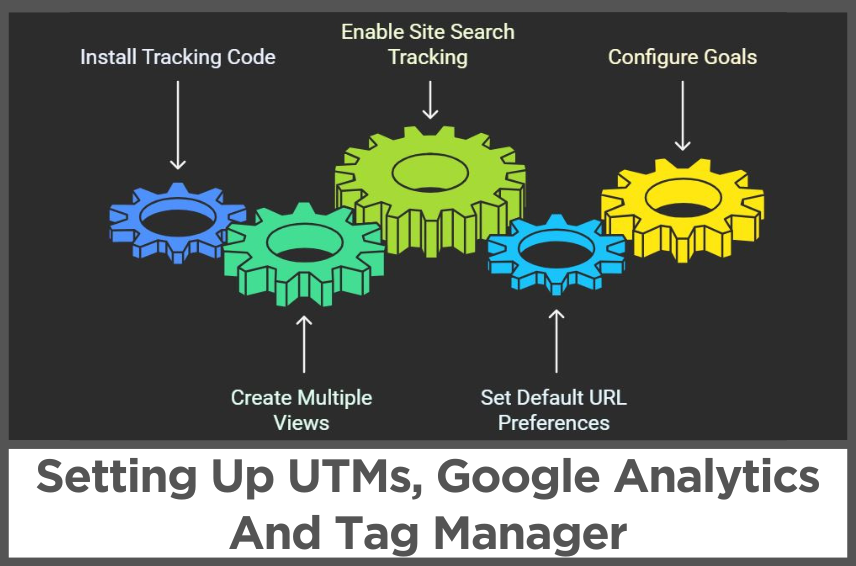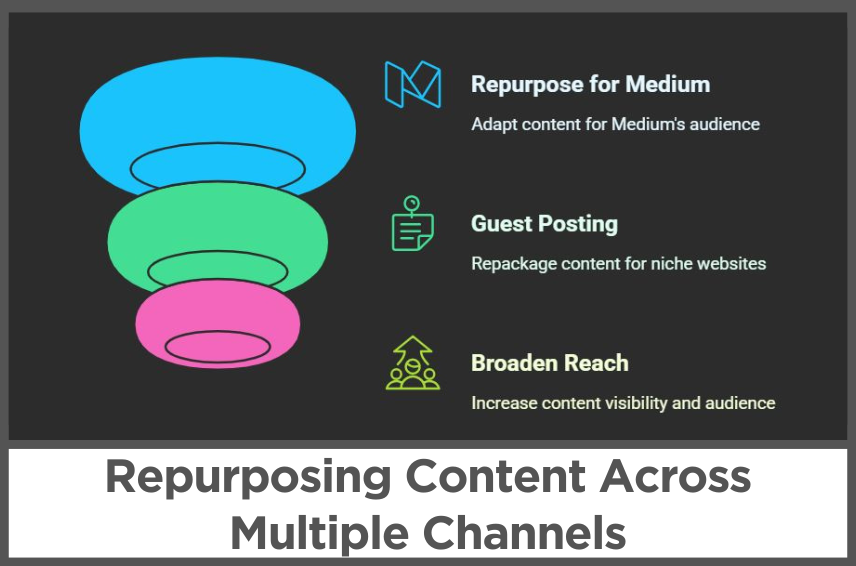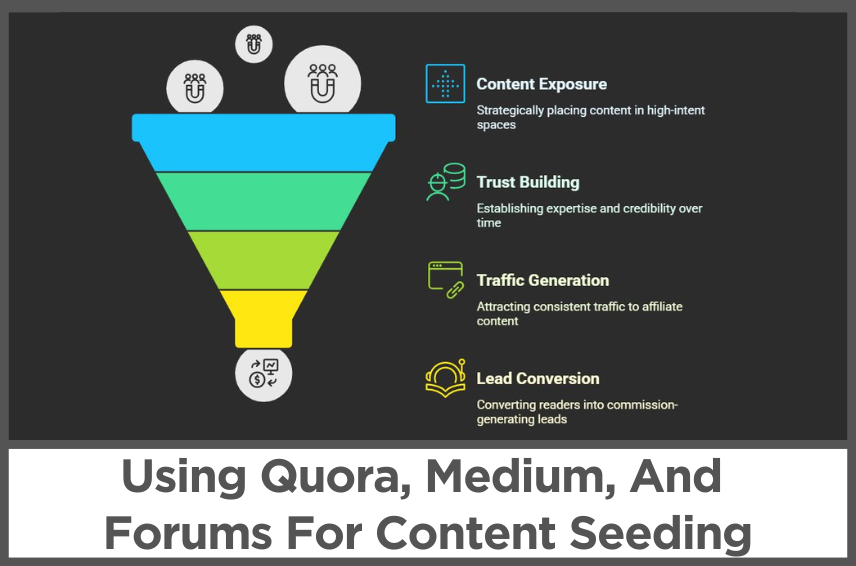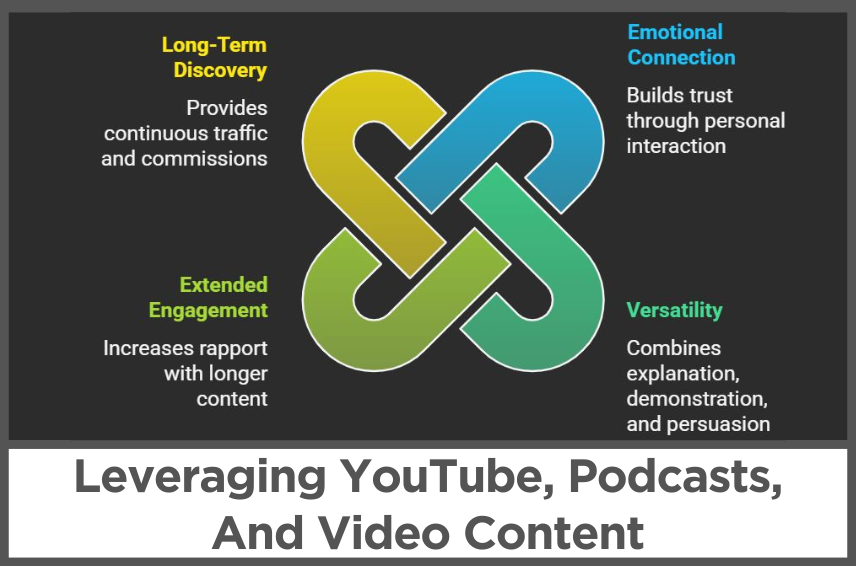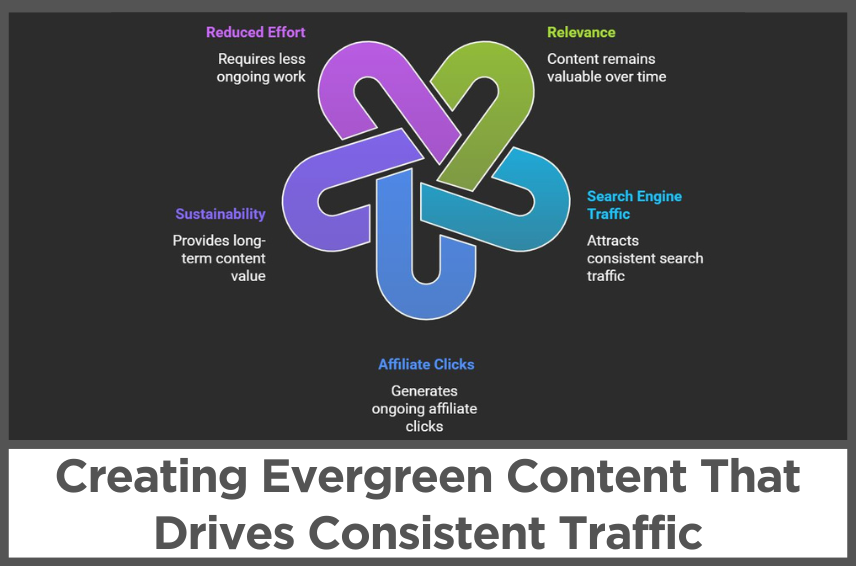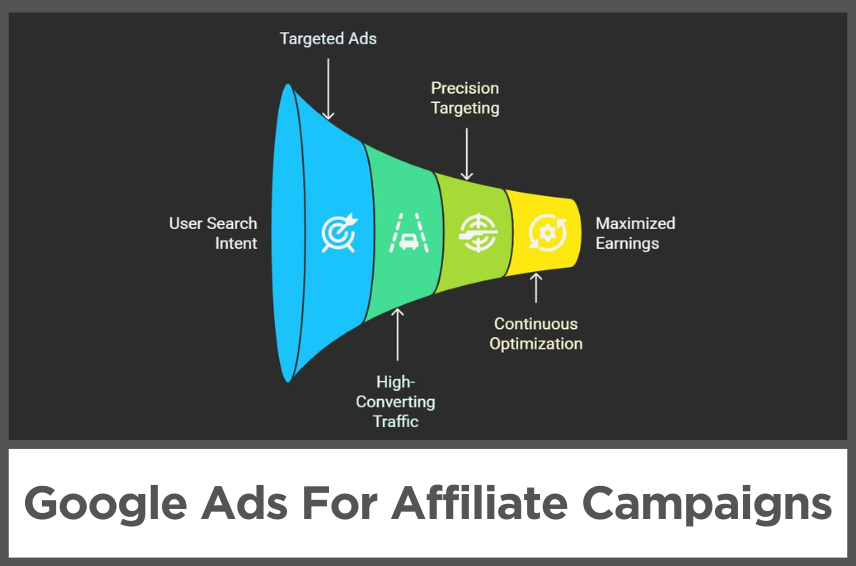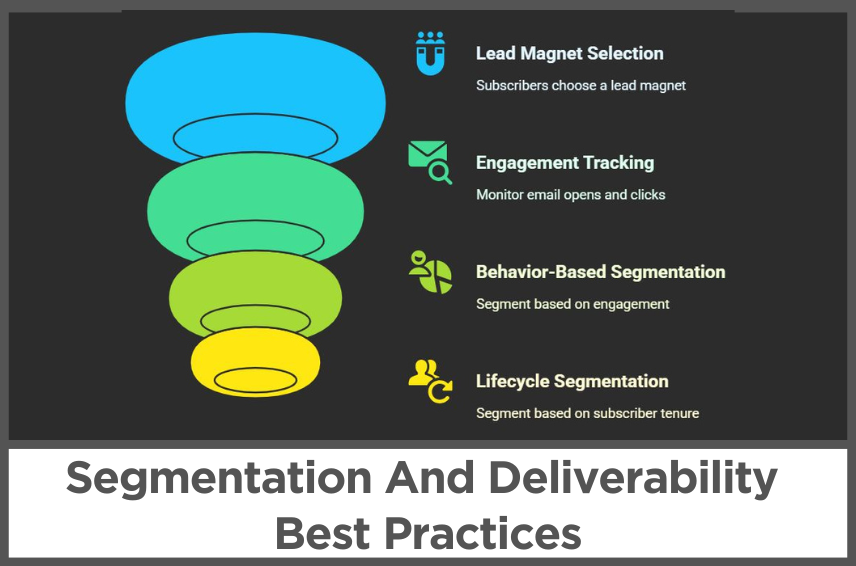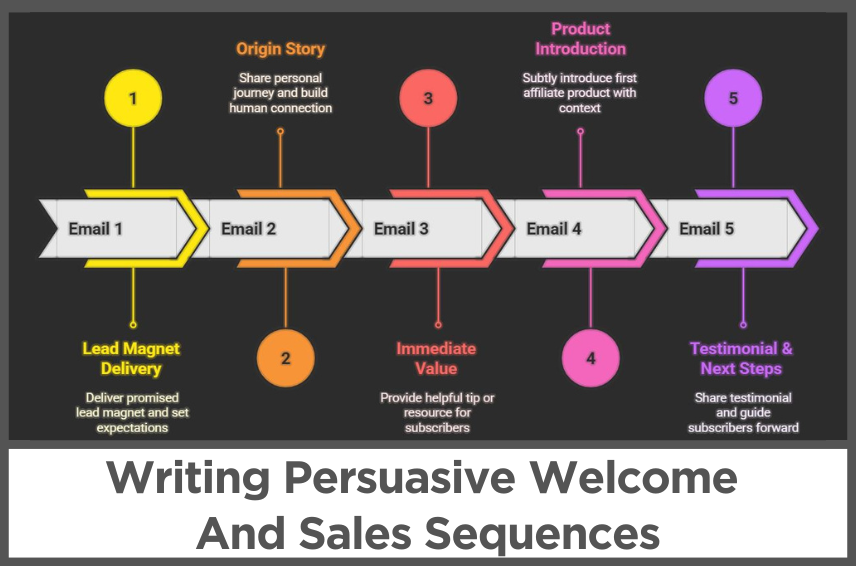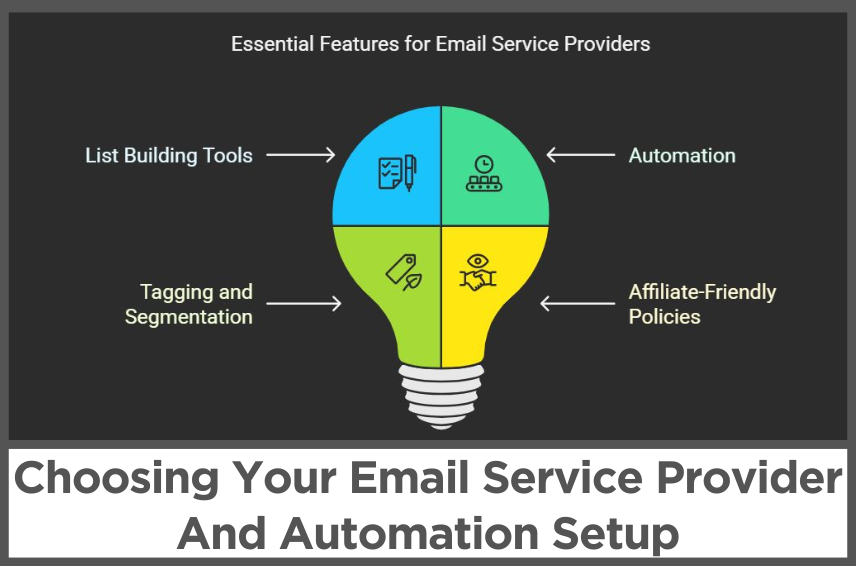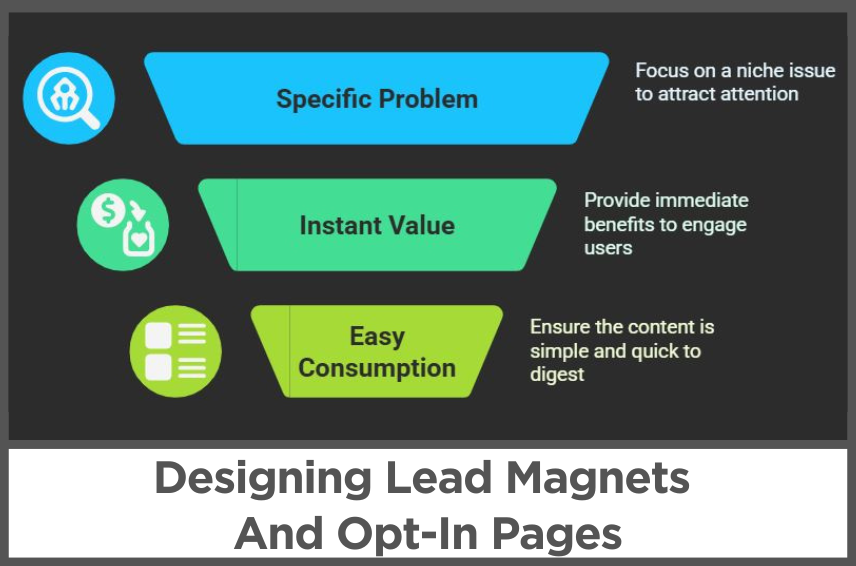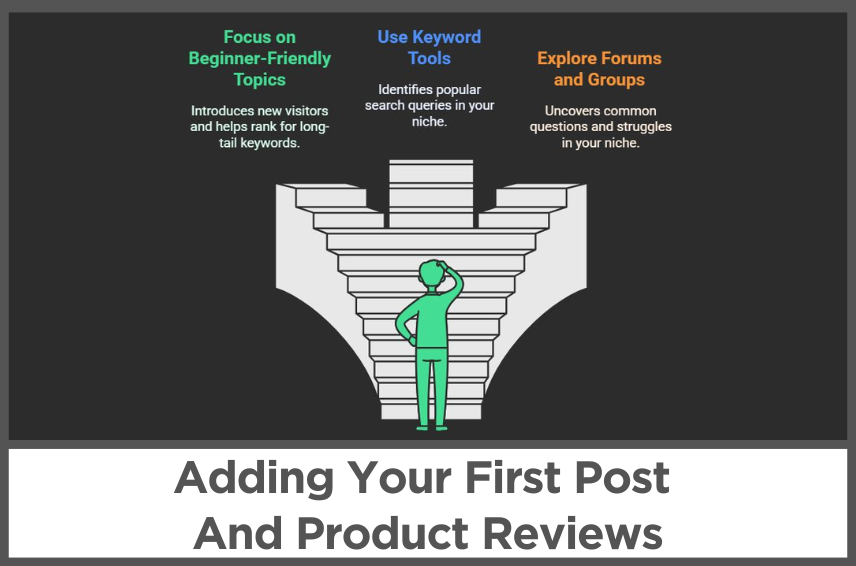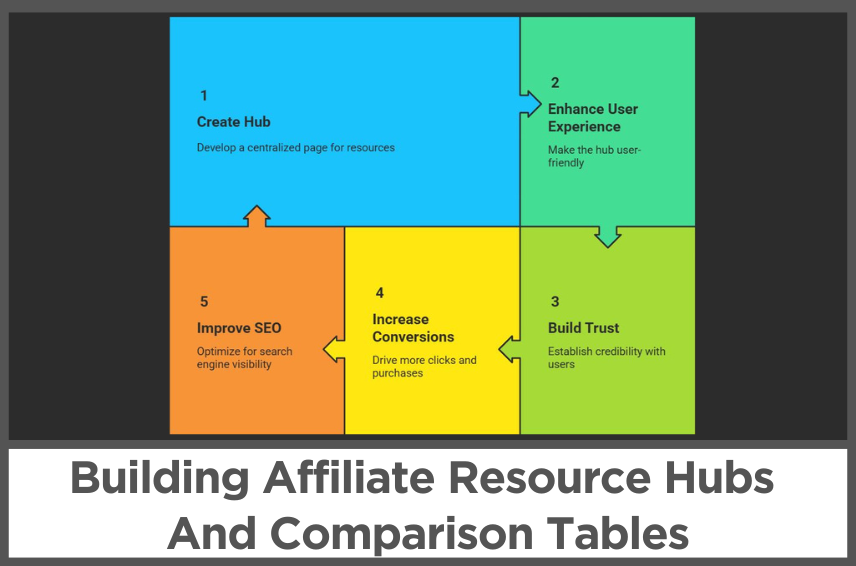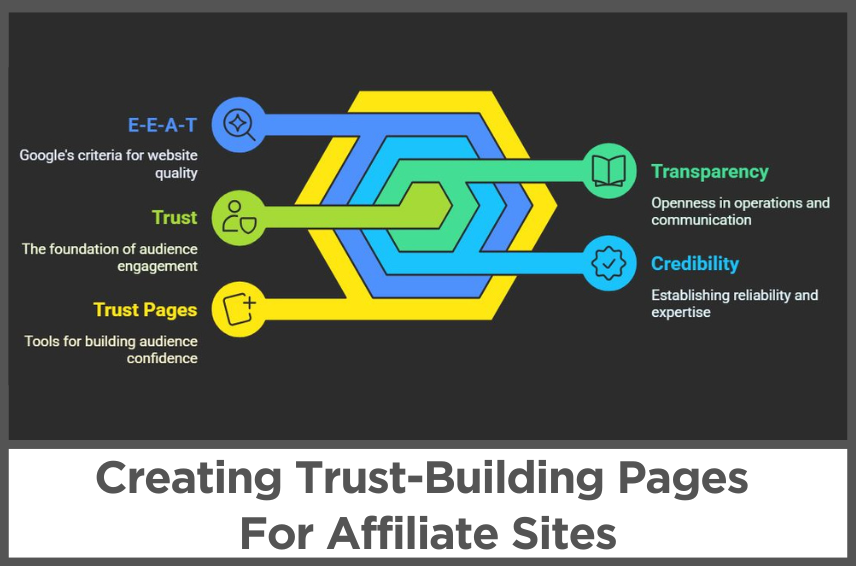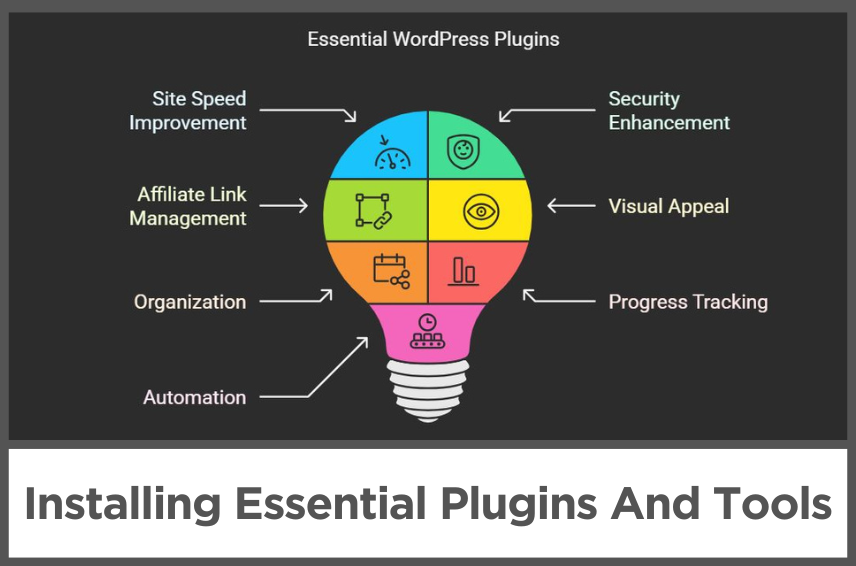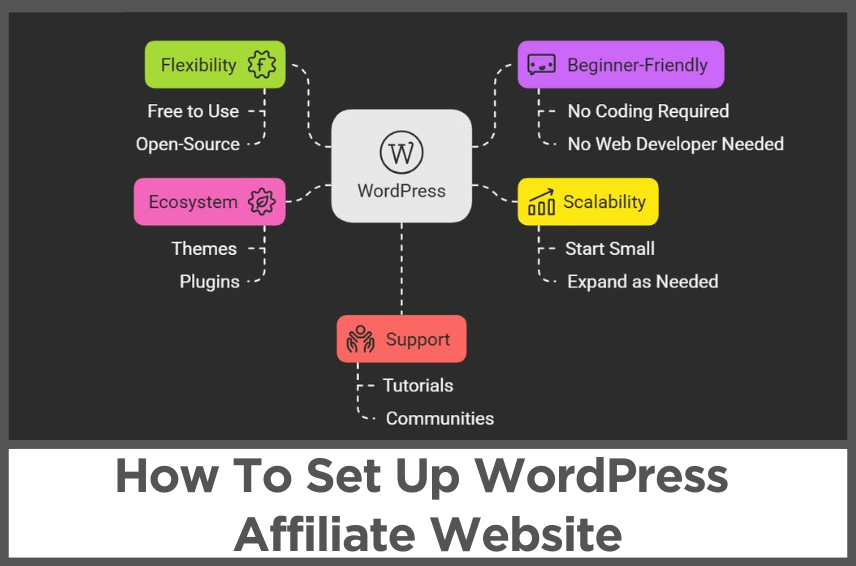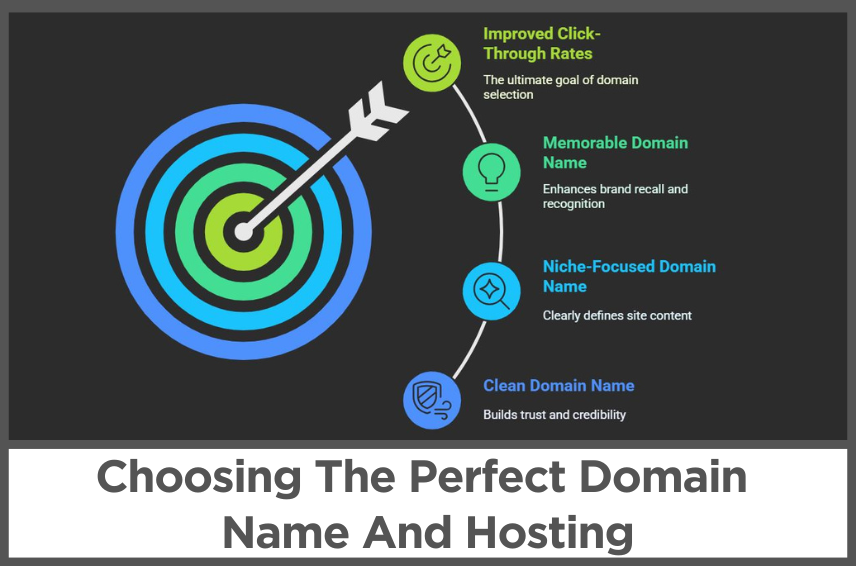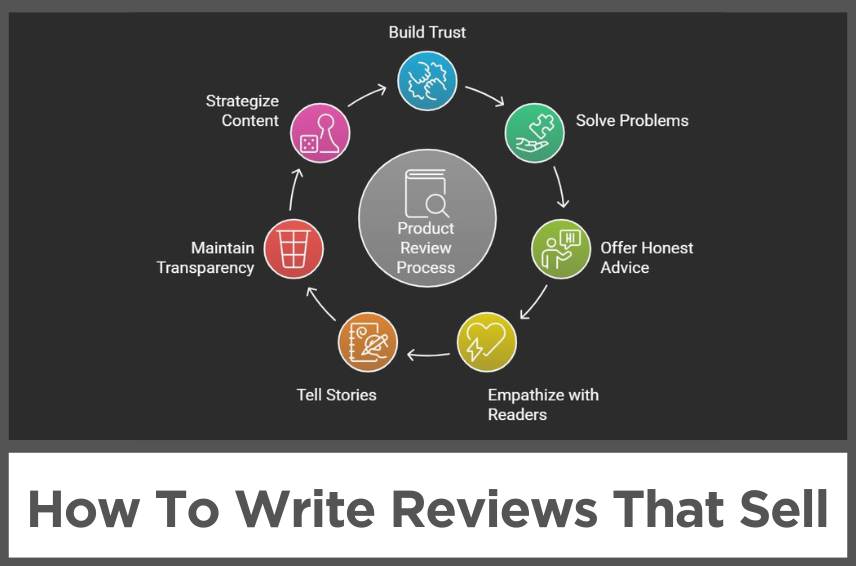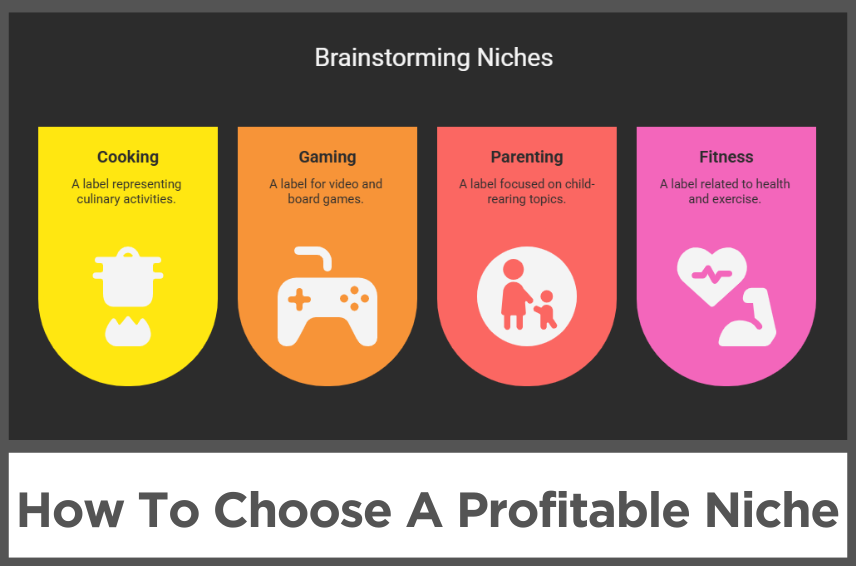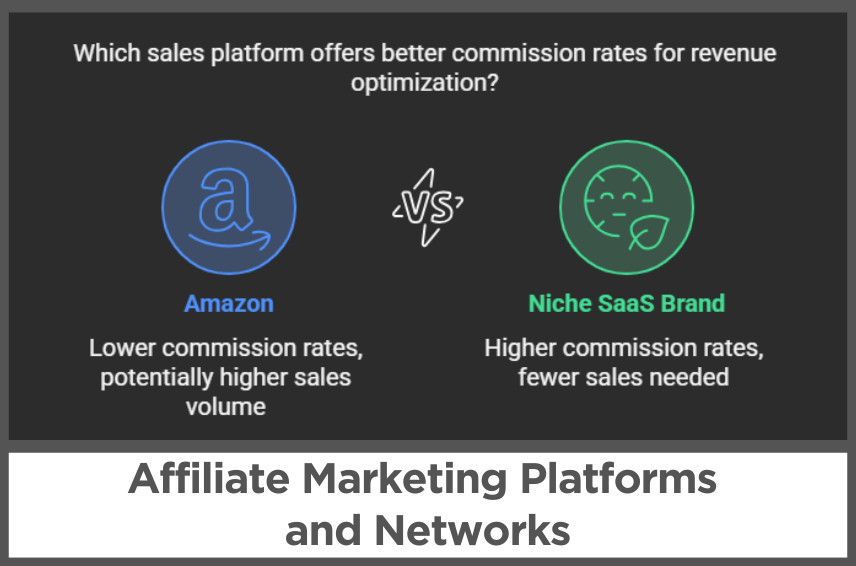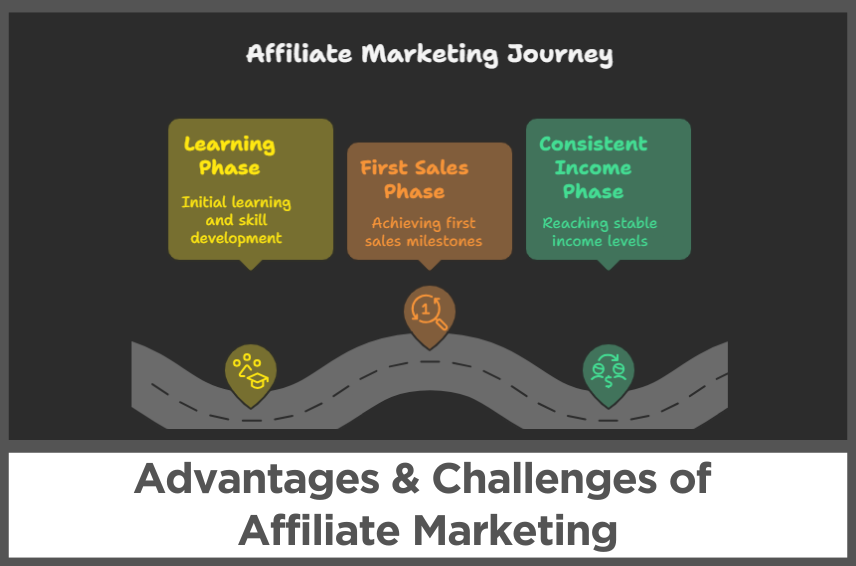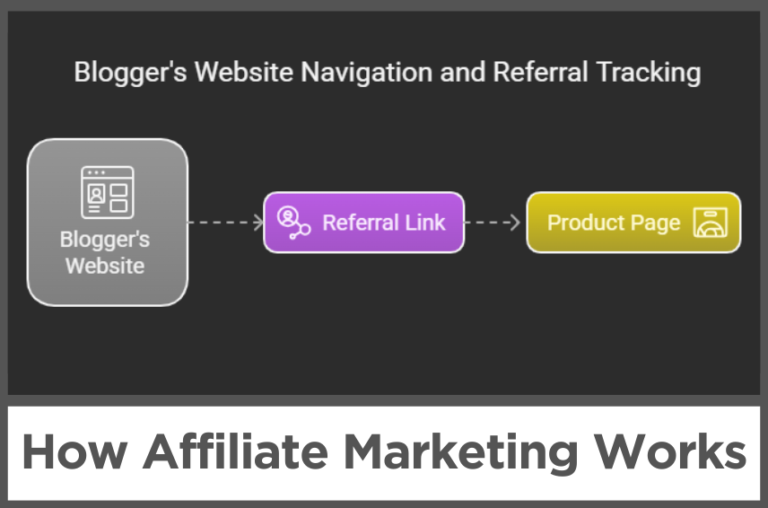M9.C4: Project Management And Team Collaboration Tools
by Abhigyan
As your affiliate business expands and you begin managing multiple content streams, niches, virtual assistants, and specialized campaigns, keeping everything on track becomes a real challenge.
Without proper organization, it’s easy to lose sight of deadlines, drop communication threads, and waste valuable time reinventing workflows that should already be in place.
That’s where project management and team collaboration tools come into play.
These tools act like the digital backbone of your affiliate operation.
They help you keep track of your to-do lists, manage complex content calendars, assign and review tasks, store important resources, and communicate clearly with every person involved in your business.
They give your growing team clarity and structure while helping you maintain visibility over everything happening at once.
This chapter explores how to build efficient systems using platforms like Trello, Asana, ClickUp, Notion, Slack, Google Workspace, and others.
Disclosure: Some of the links I share might be affiliate links. If you click on one and make a purchase, I may earn a small commission as a thank you. But don’t worry, it won’t cost you anything extra. I only recommend stuff I genuinely believe in. Your support helps me keep creating awesome content. You can read my full affiliate disclosure in my disclaimer page.
IN THIS POST :
ToggleProject Management In Affiliate Marketing
Affiliate marketers often juggle multiple content calendars, outreach campaigns, email marketing workflows, and advertising efforts.
Without a centralized place to plan and track all of these activities, it becomes nearly impossible to maintain consistency or measure performance effectively.
This is where project management tools come into play. They allow you to assign tasks, set priorities, monitor timelines, and ensure nothing falls behind.
You are no longer guessing what to do next. Instead, you’re following a clear roadmap designed to meet your goals.
Project management also helps build accountability, especially when you’re working with a team of writers, designers, assistants, or advertising partners.
By clearly defining roles and deadlines, you create an environment where everyone understands their responsibilities and how their contributions fit into the bigger picture.
This clarity not only boosts productivity but also minimizes friction within the team.
Team Collaboration Tools For Affiliate Business
Selecting a project management platform that aligns with the needs of your affiliate business is not a decision to rush.
Each tool comes with its own strengths and drawbacks, and the best one for you depends on the size of your team, your preferred workflow, and how complex your campaigns tend to be.
Popular options like Trello, Asana, ClickUp, and Monday.com are widely used in the digital marketing world, but what works well for one affiliate might feel clunky or excessive for another.
If your affiliate operations are still in the early stages, a simple Kanban board tool like Trello might offer just enough structure without overwhelming you.
It lets you organize tasks visually in columns and move them through stages of progress.
For larger teams or more advanced setups, platforms like ClickUp or Notion provide a more robust feature set, including time tracking, subtasks, templates, dependencies, and integrations with other tools like Slack or Google Drive.
These added capabilities are useful when your workflows span across different content formats, ad campaigns, and team members.
The key is to test different platforms before committing.
Most tools offer free versions or trial periods, giving you time to explore their interface and see how well they fit into your daily routine. Don’t choose a tool based solely on popularity or features.
Choose one that feels intuitive, matches your working style, and allows you to stay organized without requiring a steep learning curve or constant troubleshooting.
Setting Up Workflows For Efficiency
A well-designed workflow is the backbone of operational success.
It provides a repeatable structure for how tasks move from idea to execution, ensuring that nothing gets lost along the way.
In affiliate marketing, where you’re constantly creating content, updating offers, and managing outreach, having standardized workflows helps maintain momentum and quality across every aspect of your business.
Start by mapping out your key processes. Think about what happens when you publish a new blog post, launch an ad campaign, or onboard a new product from a merchant.
Each of these actions involves multiple steps and handoffs between team members.
By breaking down the steps and arranging them in a clear sequence, you can turn them into a repeatable workflow that anyone on your team can follow.
This is especially helpful when scaling your efforts or bringing in new assistants.
Once your workflows are in place, integrate them into your project management tool.
Most platforms let you create templates or recurring task lists so you don’t have to start from scratch each time.
Over time, you can refine these workflows based on feedback and results.
What starts as a rough checklist can evolve into a polished system that keeps your affiliate machine running smoothly no matter how large your operation becomes.
Collaborating With Your Team
Effective collaboration requires more than assigning tasks and setting deadlines.
It’s about maintaining clear communication, encouraging feedback, and fostering a culture where everyone feels aligned and motivated.
When your team is remote, spread across time zones, or made up of freelancers who dip in and out of projects, digital tools become the glue that holds the operation together.
Tools like Slack, Microsoft Teams, or Google Chat allow for real-time communication, eliminating the need for back-and-forth email chains.
You can create dedicated channels for different campaigns, share quick updates, or hop on a video call to brainstorm ideas.
These platforms make it easy to stay in sync with your team without having to be online at the same time.
When combined with project management tools, they help ensure that conversation translates into action.
File sharing is another critical part of collaboration.
Cloud platforms like Google Drive or Dropbox let you store, organize, and access all your creative assets, reports, and documents in one place.
Version control becomes easier, and everyone can work from the most up-to-date materials.
The smoother your collaboration, the faster you can move from planning to publishing, and the more efficiently your campaigns will run.
Time Tracking And Accountability For Affiliate Teams
Time is one of your most valuable resources, especially when managing a team.
Understanding where it goes helps you identify bottlenecks, redistribute workloads, and make better decisions about hiring and delegation.
Time tracking tools like Toggl, Harvest, or Clockify can be integrated into your workflows to measure how long tasks take and where your team’s energy is being spent.
By encouraging your team to log their hours, you gain a clearer picture of the effort required for different types of work.
This insight helps you plan more accurately for future projects and ensures you’re not overburdening any one person. It also creates accountability.
When everyone knows their time is being tracked, there is a natural boost in focus and productivity. You’re not micromanaging.
You’re simply creating a system that values transparency and improvement.
Time tracking can also inform your pricing and budgeting decisions.
If you know that writing a product review takes six hours and creating a video script takes four, you can plan content calendars more realistically and decide where it makes sense to outsource or automate.
Over time, these insights can help you scale smarter and avoid burnout.
Managing Deadlines Without Micromanaging
Deadlines keep projects on track, but rigid enforcement can sometimes feel restrictive or discouraging.
The art of managing deadlines is in creating a structure that keeps things moving without stifling creativity or overwhelming your team.
Start by setting realistic expectations. Don’t assume things will always go smoothly. Build in buffer time for revisions, feedback, and unexpected delays.
Use your project management tool to map out due dates and visualize the entire timeline. This gives everyone a sense of how their tasks fit into the broader campaign.
When team members can see the bigger picture, they are more likely to respect deadlines and stay aligned.
If someone falls behind, the conversation becomes about solving a problem together rather than pointing fingers.
The goal is to support your team in meeting deadlines, not punish them when they miss one. That might mean shifting resources, extending timelines, or adjusting priorities.
When your team feels trusted and supported, they are far more likely to stay engaged and deliver high quality work consistently.
Adapting Project Management Style As You Scale
As your affiliate business grows, the way you manage projects and collaborate with your team needs to evolve.
What worked well for a team of two might start to feel clumsy when you have five or ten people involved. This is when flexibility becomes just as important as structure.
You want to keep things organized without becoming overly rigid or bureaucratic.
Scaling often requires building layers into your system. You might go from having one general task board to creating multiple boards for different campaigns or departments.
You might bring in managers or team leads to oversee smaller groups and report progress.
These changes help prevent bottlenecks and ensure no one person becomes a single point of failure.
The more your systems can run without needing constant supervision, the more freedom you have to focus on strategy and growth.
At the same time, don’t be afraid to revisit your tools and processes every few months. What served you well last quarter might need an update as your business expands.
Stay curious, ask your team for feedback, and remain willing to test new ways of working.
That adaptability is what will keep your operations smooth even as your goals get bigger.
Creating A Culture Of Ownership & Autonomy
The most productive teams are those where everyone feels a sense of ownership.
When people believe their contributions matter and trust they have the freedom to make decisions, they bring more energy and creativity to their work.
Building this kind of culture doesn’t happen overnight. It starts with setting clear goals, defining responsibilities, and giving people the tools they need to succeed.
Instead of assigning every detail, allow your team to take initiative.
Give them space to suggest improvements, take charge of small projects, or experiment with new approaches.
This not only reduces your burden but also helps your team grow into stronger, more confident contributors.
The more they feel empowered, the more they will go beyond their job descriptions and take real pride in their work.
It’s also important to recognize and celebrate wins, both big and small.
Whether it’s completing a major campaign or streamlining a process, acknowledging progress builds momentum and morale.
A positive, collaborative culture is the secret ingredient behind long term success.
When people enjoy what they do and who they do it with, everything else becomes easier to manage.
What’s Next?
In the next chapter, we will begin with a deep dive into legal disclosures, GDPR, and FTC Guidelines.
As your business grows, legal compliance becomes essential for sustainability and trust.
You’ll learn how to meet disclosure requirements, protect user data, and avoid penalties while maintaining transparency with your audience and affiliate partners.
Next Chapter:
Previous Chapter:
Abhigyan Mahanta
Hi! I’m Abhigyan, a remote web developer and an affiliate blogger. I create beginner-friendly guides to help new affiliates get started and grow in affiliate marketing. I also share information on remote companies and interview preparation tips.

